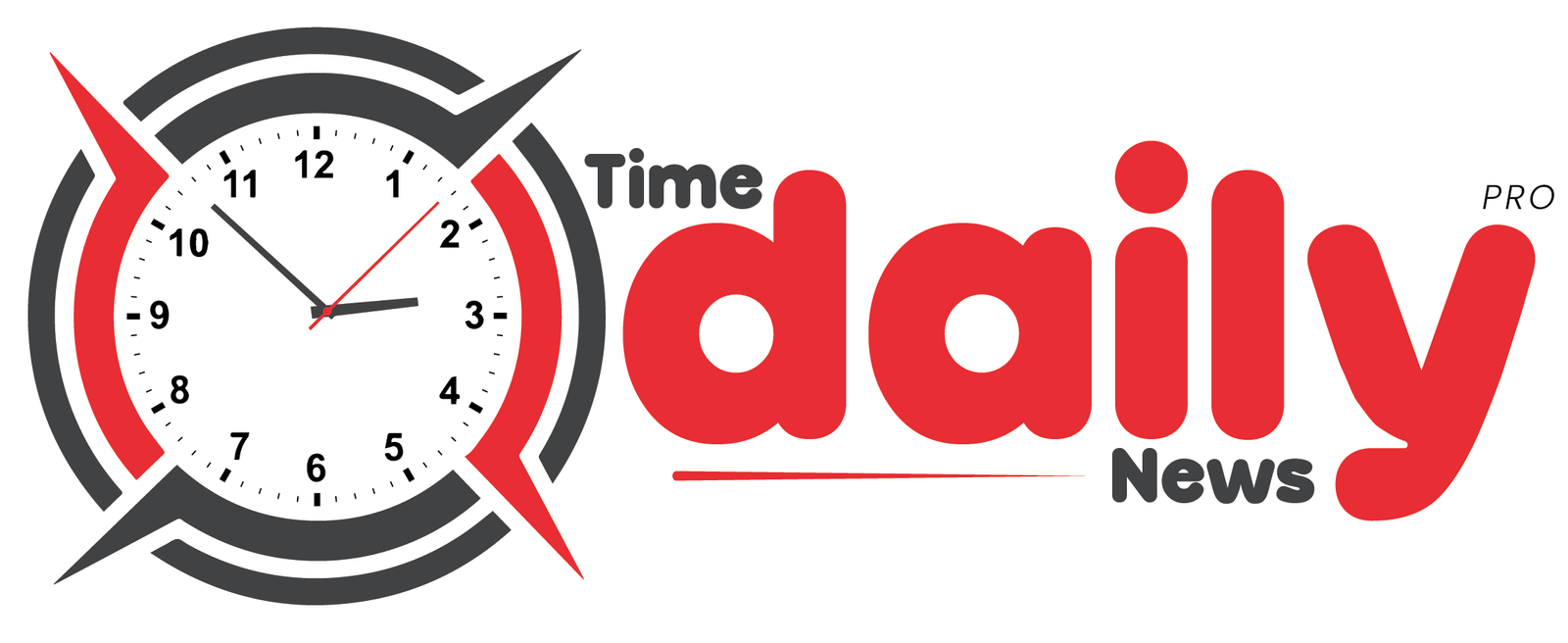1. Overview of the Iran Missile Attack on Israel
On October 1st the missile attack from Iran on Israel significantly raised the stakes in their ongoing tensions. In response to Israel’s latest attacks resulting in key casualties from Iran and Hezbollah leadership, Iran released about 180 ballistic missiles. Military installations in Israel were struck by the missiles; while Israel’s defenses intercepted numerous missiles the incident generated widespread alarm in the region.
2. Iran’s Retaliation
Following the loss of key figures Ismael Hania, Hassan Nasrallah and Abbasforoshan in Israel’s strikes. Iran launched its missile assault. By launching this missile salvo Iran communicated to Israel that it would aggressively respond to offenses targeting prominent Iranians and Hezbollah members. The missile assault by Iran on Israel showcased its armed forces and determination to retaliate against threats.
3. Israeli Defense Measures
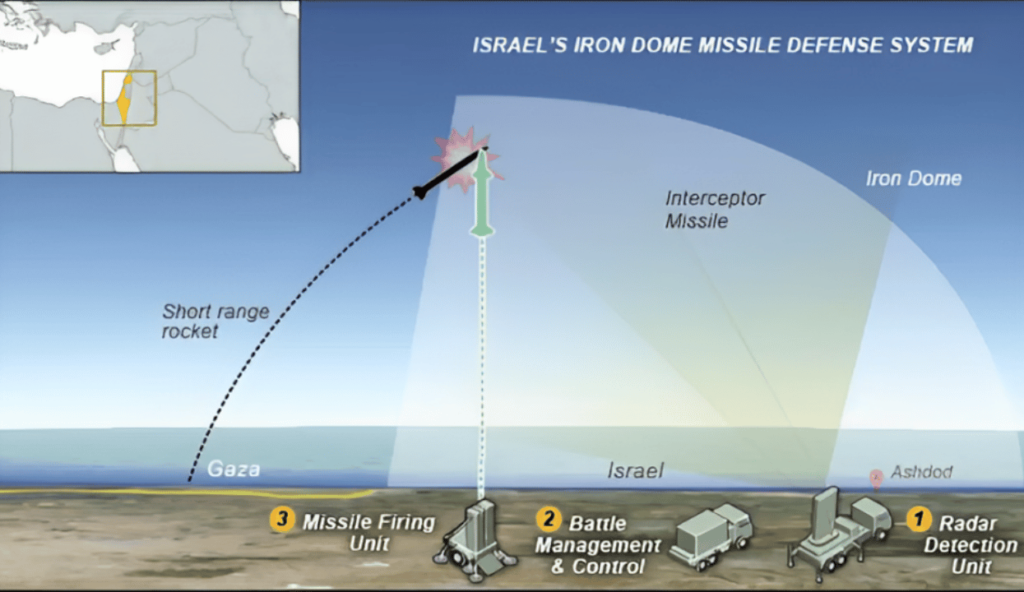
Israel’s Iron Dome system was vital for neutralizing the vast majority of missiles following the Iranian attack. Designed to defend against short-range missile dangers it effectively eliminated a large segment of the ballistic missiles. The quick implementation of defense strategies enabled Israeli officials to say there were no significant injuries following the Iran missile attack on Israel.
4. The Political and Military Context
The Iran missile strike on Israel belongs to a larger pattern of events. It arises from a wider background of enduring battles and secretive activities between the two countries. Tensions between Iran and Israel have risen as a result of covert wars and overt military operations. This increase in tensions culminating in the Iran missile assault on Israel is a section of a recurring pattern of violence and reprisals that maintains disorder in the Middle East.
5. International Response to the Attack
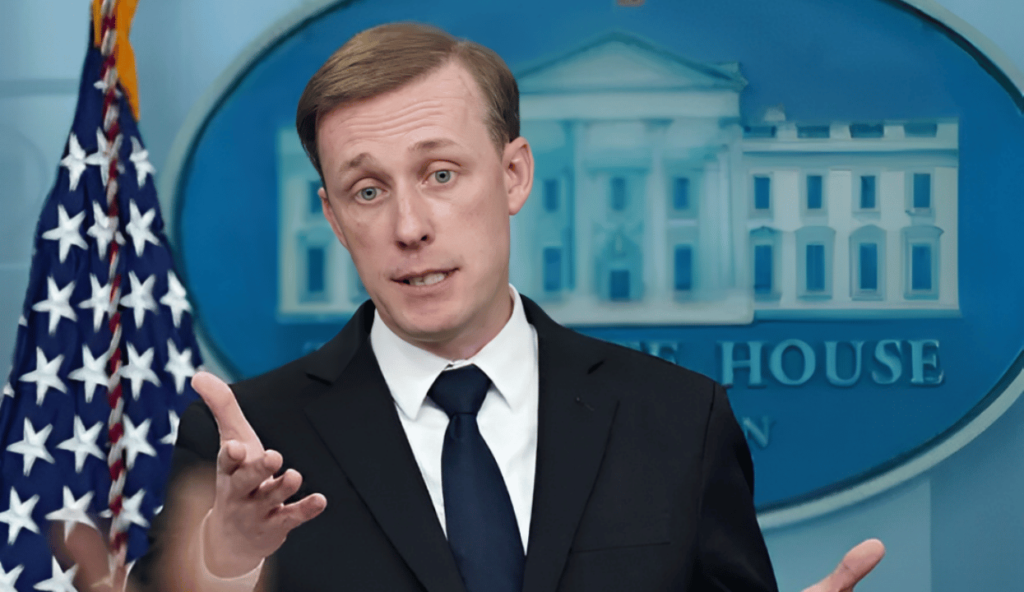
Attention from around the world quickly followed the Iranian missile launch against Israel. The United States and its allies stood firmly behind Israel and criticized the Iranian missile launch. After the missile assault from Iran on Israel, the UN Security Council gathered promptly to deal with the worsening situation and look for methods to calm the conflict.
6. Israeli Retaliation Plans
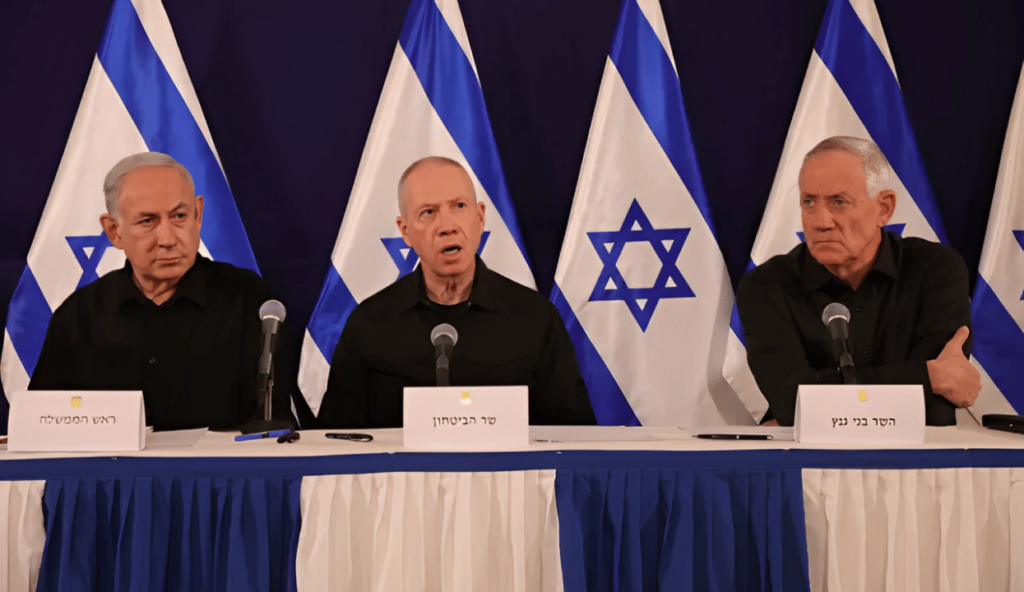
In response to the Iran missile attack on Israel, Benjamin Netanyahu pledged severe consequences for Iran. Israel plans to keep attacking Iranian targets in the area with a special emphasis on Hezbollah during its next military operations. Israel’s determination to diminish Iranian and Hezbollah power in Lebanon and Syria has strengthened due to the Iran missile attack on Israel.
7. Implications for the Middle East
The attack by Iran on Israel affects the stability of the region. With Iran expanding its power through connections with organizations such as Hezbollah the Middle East encounters heightened chances of widespread violence. Iran’s attack with missiles on Israel highlights its determination to apply force militarily to preserve its interests which can spark further unrest in an unstable part of the world.
8. U.S. Involvement in the Crisis
The Iran missile attack on Israel has strengthened the U.S.’s role in defending its ally. Joe Biden has confirmed U.S. support for Israel and highlighted how the Iran missile attack on Israel shows how crucial the ongoing military and diplomatic partnership between the two nations is to prevent more aggression from Iran.
9. The Role of International Organizations
International bodies including the United Nations have joined efforts to negotiate the outcome post-Iran missile attack on Israel. potential resolutions are the focus of conversations at the UN Security Council while doubts exist about the efficacy of diplomatic remedies. Calls for ceasefires and sanctions have grown louder following the Iran missile attack on Israel. Nonetheless, it proves challenging to secure unity on the next steps because of the enduring conflict.
10. Media Coverage and Public Sentiment
Media in different areas have reported differently on the Iran missile attack on Israel. Israeli news sources have emphasized the Iron Dome system’s effectiveness in shielding Israel; in contrast, Iranian media has framed the Iran missile attack on Israel as a reaction to prior Israeli offenses. Citizens in both nations hold opposing views as the Iran missile strike on Israel inspires patriotic language on each side.
11. Analysis of the Missile Strike
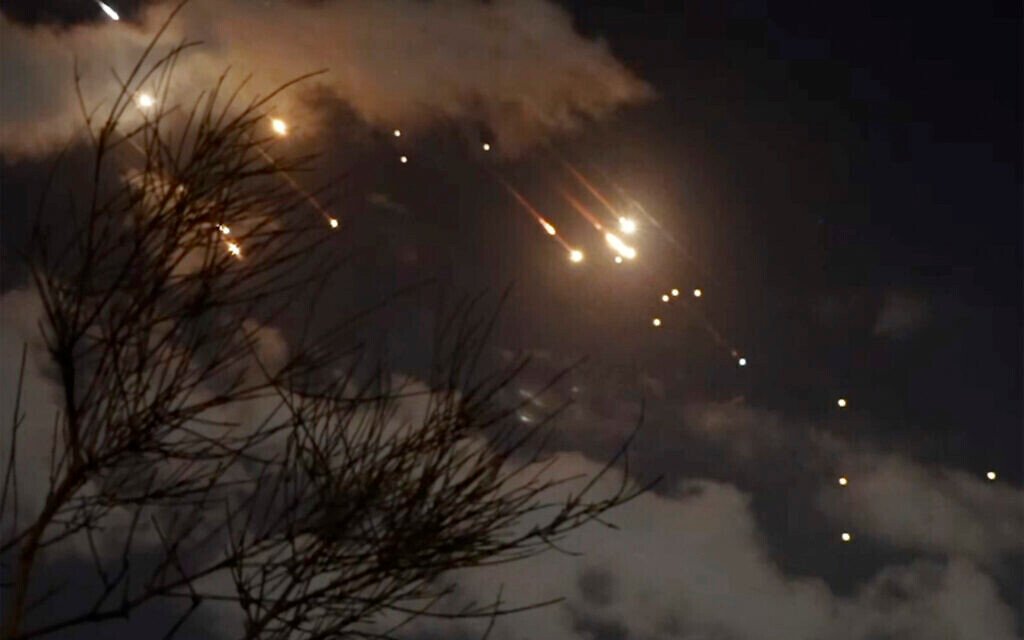
The effectiveness of the Iran missile strike on Israel has ignited a discussion. Although Iran indicated a considerable success rate Israeli leaders revealed that the majority of the missiles were countered. The actual scenario is probably not one or the other; however, the Iran missile attack on Israel has revealed the expanding missile power of Iran that threatens Israel’s safety in future battles.
12. Concurrent Attacks in Israel
While the Iran missile strike occurred in Israel itself the nation encountered a distinct terrorist event in Tel Aviv. Though not directly related in timing the attack by Iran on Israel and the event in Tel Aviv added to the national crisis. Investigators in Israel are probing whether the two incidents are related as they both reveal the obstacles Israel must handle on several fronts.
13. Future Projections
Should Iran launch a missile at Israel it could heighten tensions between the nations. Both sides are resisting negotiation which increases the risk of a wider regional conflict. Efforts in diplomacy seek to stop the Iran missile strike on Israel from igniting a larger conflict; however, the chance for successful de-escalation is unclear.
14. Escalation of Middle East Tensions Following Iran Missile Attack on Israel
On October 1 2024 the attack from Iran raised tensions dramatically in the Middle East. Even though damage was limited by Israel’s defense mechanisms the political and military repercussions of the Iran missile strike on Israel are serious. Each nation is preparing for additional hostilities that might affect the wider region.Stay informed with Time Daily News – your trusted source for the latest breaking news, in-depth analysis, and global updates.

